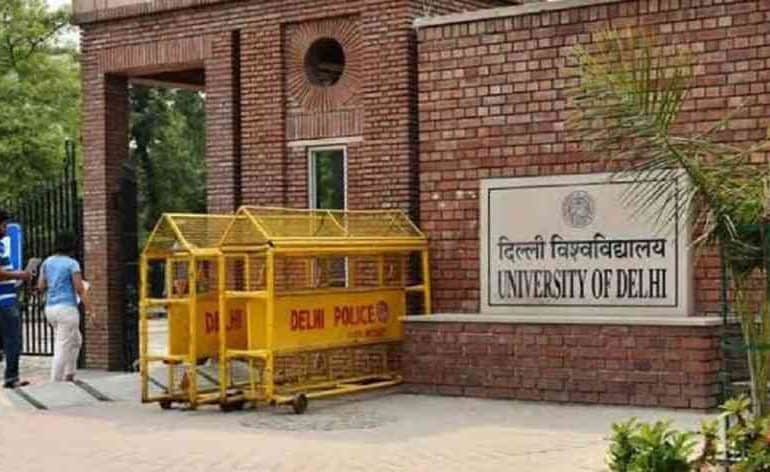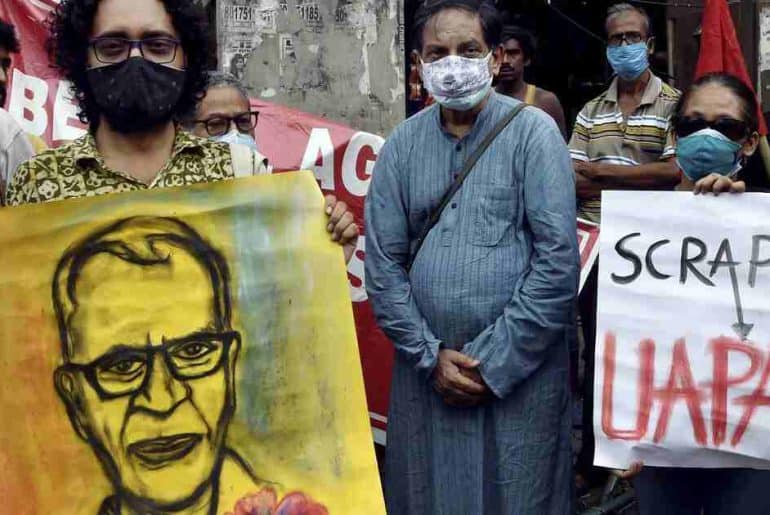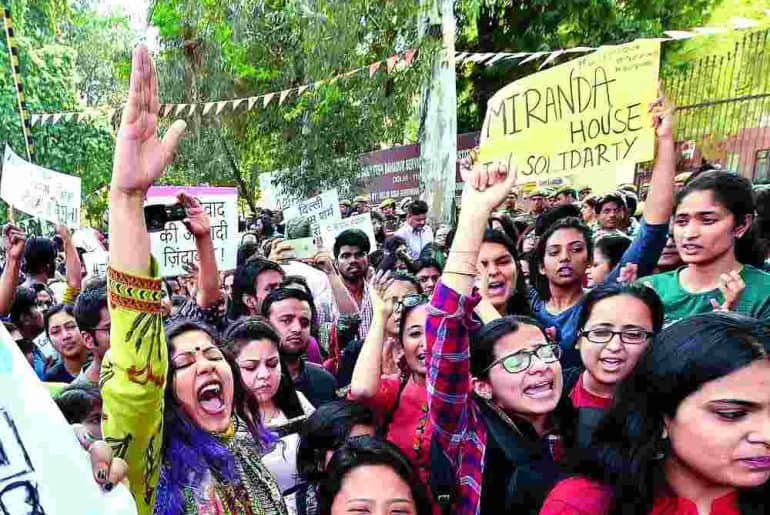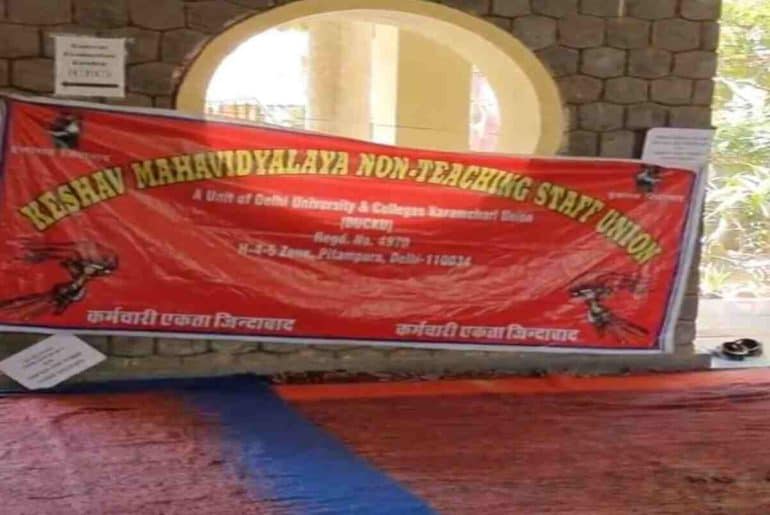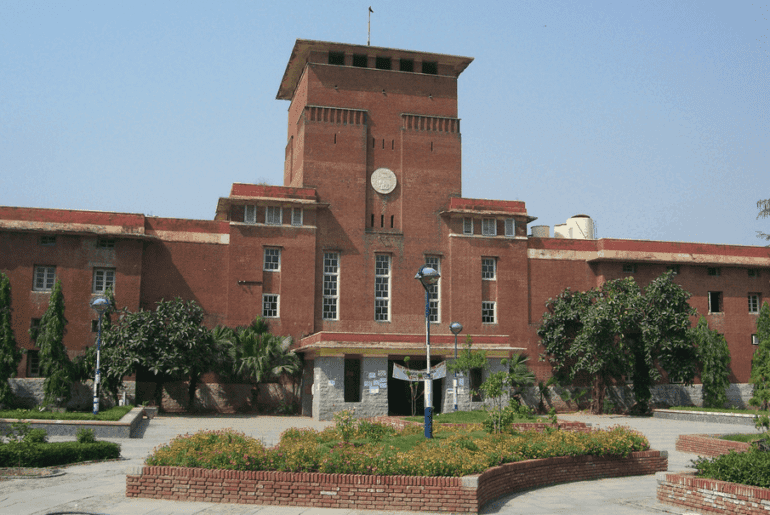In a swift response, Delhi University takes action against a staff member accused of sexual harassment, reflecting a commitment to student welfare. As students rally for justice at the Central Institute of Education, officials ensure a thorough investigation by the Internal Complaints Committee, prioritizing safety and transparency.
The University of Delhi’s Establishment Branch has terminated the employment of a non-teaching staff member who was allegedly involved in the sexual harassment of a student at the Central Institute of Education (CIE) earlier this month. The incident occurred in the Department of Education’s new building, per the student’s official complaint with the Head and Dean of CIE. The defendant is alleged to have engaged in several inappropriate behaviors, such as unwanted approaches, invasive personal inquiries, and acts that created a great deal of discomfort and fear for the student’s safety.
The student has asked for her peers’ support, expressing how the encounter violated and deeply distressed her. She also expressed fear for her safety because the harasser was walking around the department unhindered. Students came together to plan a demonstration at CIE on Wednesday to support the student’s right to justice.
The Indian Express was notified by Pankaj Arora, Head and Dean of CIE, that the Internal Complaints Committee was notified of the student’s complaint as soon as it was received on Monday. The accused, who worked for the company under a contract, was let go early on Wednesday.
We have engaged in extensive discussions with the students and have assured them that the university’s ICC will handle the matter with care.” Arora said in response to the protest.
While the ICC investigates the case, questions remain about the student’s ongoing safety and the support system available. Did the University offer counselling services or connect her with external support groups specializing in trauma recovery? Transparency regarding the ICC process would also be beneficial. What are the expected timelines for the investigation? Are there resources readily available to explain the process to students involved in such cases?
The case is presently under review by the ICC, and until the process concludes, it would be challenging to disclose specific details of the proceedings.” said DU Proctor Rajni Abbi.
The Students’ Union or other student committees at CIE likely played a crucial role in supporting the student and organizing the protest. Including a statement from a student representative would amplify the students’ voice and highlight the collective stand against harassment. The incident serves as a stark reminder of the prevalence of sexual harassment in educational settings. By creating a culture of support, ensuring a fair and transparent investigation process, and implementing robust prevention programs, universities can foster safe learning environments where every student feels empowered and respected.
Read Also: Where are you ICC: Looking at DU’s History of Sexual Harassment
Featured Image Credits: India TV News
Divya Malhotra

